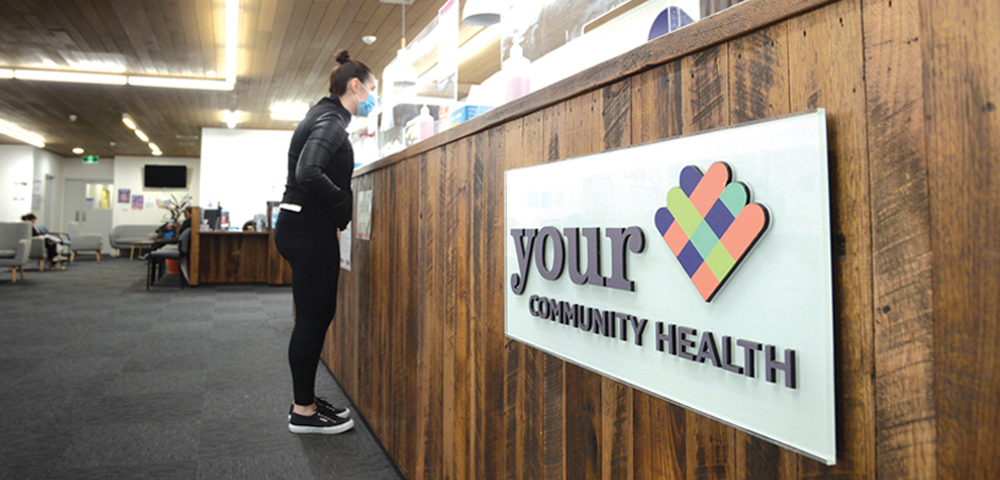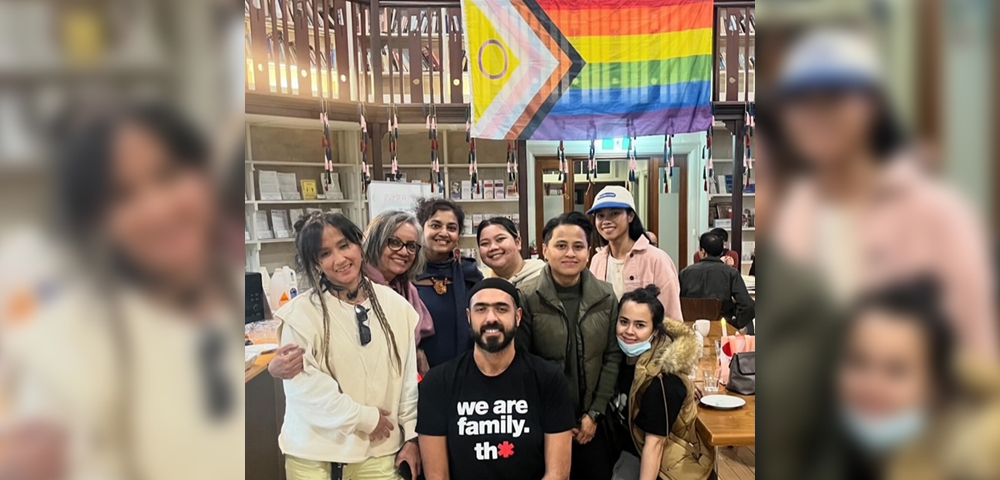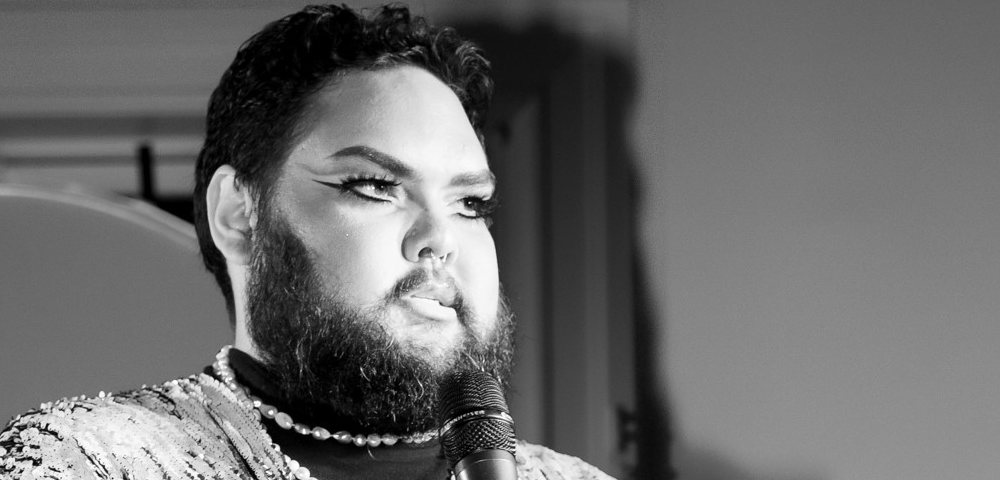
False perceptions hinder acceptance
On World AIDS Day 2007, Hong Kong-based activist, Kenneth Cheung held a sign in Causeway Bay that read, Free hugs for HIV/AIDS. Through a megaphone, Cheung explained that he was living with HIV and that to hug him did not place that person in danger of contracting the disease.
That was a very touching thing that he did, said Hong Kong-raised Yat-Ho Lai, 28. That move was the biggest event in raising awareness of homosexuality and the truth about HIV in Hong Kong.
Hong Kong and neighbouring Macau provide interesting comparisons to mainland China.
For most of the twentieth century both regions were governed from Europe with the United Kingdom handing Hong Kong back to China in 1997 and Portugal handing Macau back in 1999. Both areas are still considered special administrative regions and therefore enjoy relative autonomy from Beijing.
It was definitely easier being gay in Hong Kong than in the rest of China. Hong Kong has more open acceptance but still deep down there is a lot of prejudice against gay people because of the perception that all gay people have HIV, said Yat-Ho.
Hong Kong legalised homosexuality in 1991, six years earlier than mainland China. It was the British rule that influenced the decision, Yat-Ho said.
There are no anti-discrimination laws protecting the gay populations of Hong Kong or Macau, despite attempts in both 1993 and 1997 to introduce legislation in Hong Kong.
Leo Kwan, Deputy Secretary for Home Affairs, said in 2000, It is not the right time to introduce a law banning discrimination against homosexuals, due to a lack of majority support.
Hong Kong’s activists enjoyed success in 2006 following a landmark case that saw the age of consent for homosexual acts lowered from 21 to 16 in line with the rest of the population. William Leung challenged the law in the Hong Kong High Court where the judge found the legislation unconstitutional and discriminatory, thereby violating Hong Kong’s Bill of Rights.
The gay population of Hong Kong enjoys a solid infrastructure of active lobby groups and gay bars. Macau, on the other hand, has no gay infrastructure to speak of.
Population-wise, Macau is much smaller than Hong Kong. Also the Government’s priority is not with gay rights. They focus more on building up their tourist industry and providing first-class gambling, said Yat-Ho.
Macau-raised Derrek Kuong, 23, said that the broad Macau population is not open-minded. Because we are a colony of Portugal we should be more open and accepting like Hong Kong, Derrek said.
When Derrek wants to experience gay culture he travels to Hong Kong.
I have friends who work in the gay bars in Hong Kong. I also play for a gay volleyball team in Hong Kong, he said.
Derrek has been studying in Sydney for 18 months now.
I like Sydney because the people are accepting of different cultures, he said.
Yat-Ho came to Sydney 11 years ago to study and now works as a maths teacher.
I like it here, the vibrancy of Sydney. It’s very cosmopolitan, he said.
The gay atmosphere is a lot stronger here than at home and there is more acceptance.










The lone demonstrater with the courage to protest and gain attention to the cause. Im surprised the ”leprosy” attitude still persists in pockets even in country such as Australia.
The community of nations should support the removal of all discrimination.